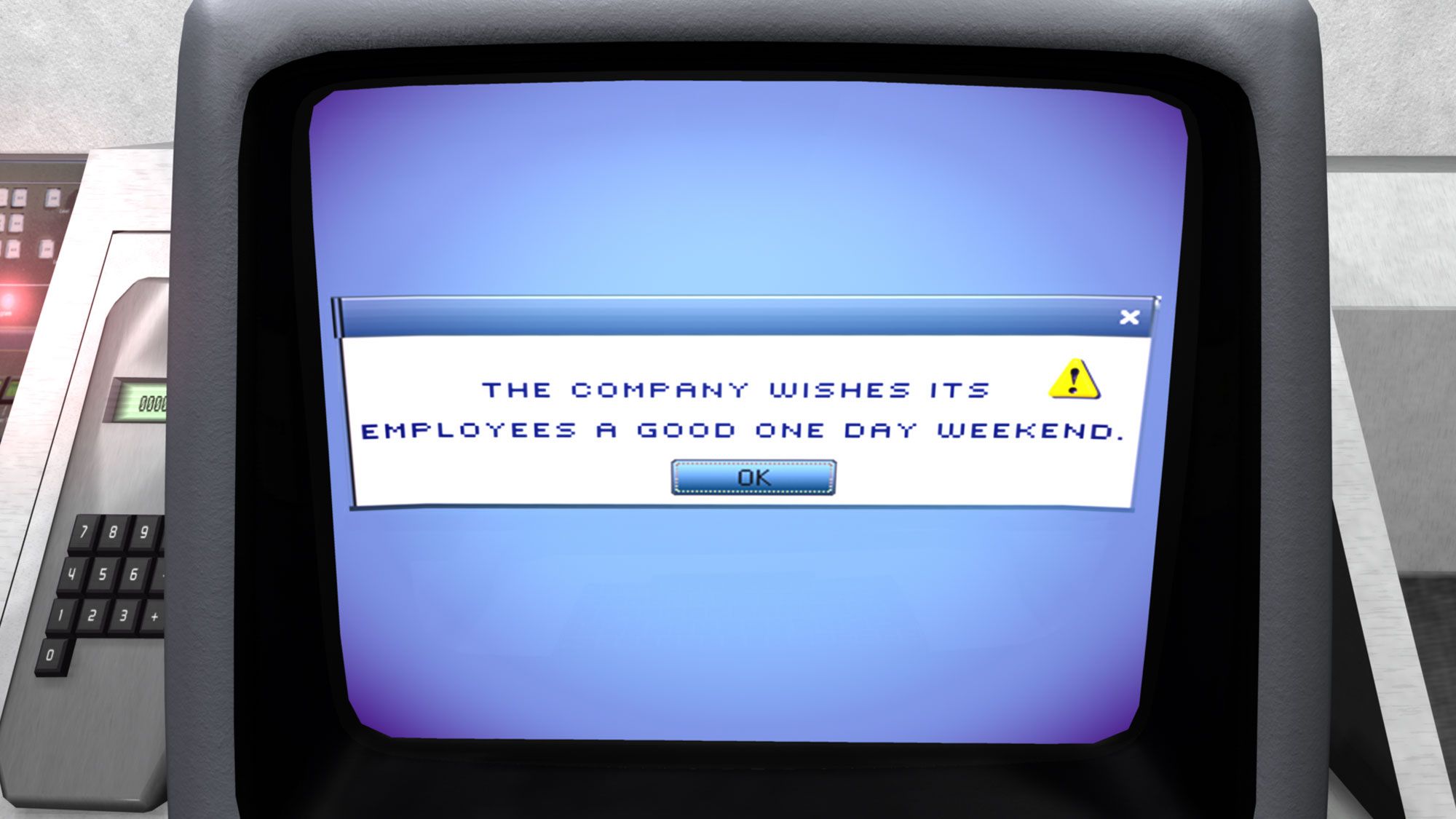All People is Plastic
a film by Harald Hund
World Premiere: International Film Festival Locarno 2005
Austria 2005 // 10min // 35mm // 16:9 // Dolby Stereo
Synopsis
A stunningly beautiful animated film. Haunting too.
Everybody in the city does the same, look the same. They are the same.
Remote-controlled. Living to work in a big corporation, getting one day off at the weekend to visit the pleasure park, or the public bird on the public tree. Normal people, moving in regular patterns. And a minor deviation.
In the history of cinema the modern big city has often served as a screen onto which dystopian fantasies are projected: The idea of the urban space as a cruel, Moloch-like machine drove Fritz Lang's sinister vision of the future, "Metropolis" (1927), in which the mass of slave-like workers is forced into the serfdom of assembly-line labor. Harald Hund's 3-D animation film "All People Is Plastic" refers to both this image of the city as a machine of discipline and Jacques Tati's criticism of the modern age, for whom "corporate culture" serves as a working world of enforced conformity. In the world of "All People Is Plastic" the figures have long been the result of mass production: Hund animated his figures with conventional 3D character-animation software, so-called Default People (standard figures) and fits his matte-gray prototypes, schematized as either male or female, into the slots of a futuristic office world.
The film's story begins on the weekend: The gray mass of standardized office workers pours into a monochrome urban conglomeration of cookie-cutter apartment buildings; they march in formation to identical cars, disappear into identical apartments, and are then transported to an amusement park. When a few of them leave the pack and run into partitions, jump off skyscrapers or move toward the edge of the city, their behavior turns out to be not individual protests but design faults in humanoid prototypes. King Kong, who climbs a skyscraper in the amusement park, appears in this context as a nostalgic reference to a vision of big cities in which external threats could be dealt with collectively. In Harald Hund's brave new techno-world, architecture is a polished surface which no longer requires any kind of action.
Alexandra Seibel, Translation: Steve Wilder
| Directed by | Harald Hund |
|
|---|---|---|
| Concept & Realisation | Harald Hund, Doris Krane, Andreas Prockl, Michaela Rentsch |
|
| 3D Animation & modelling | Felix Knoche, Merlin Wyschka, Doris Krane, Andreas Prockl, Michaela Rentsch |
|
| Production | Harald Hund, Paul Horn, AMOUR FOU Vienna |






Festivals
Kolkata Film Festival 2006 (10.11. - 17.11. 2006)
Brooklyn 06 - Int. Film Festival (02.06. - 11.06. 2006)
Seoul - SICAF 06 (24.05. - 28.05. 2006)
Seoul 06 - SeNef Net & Film Festival (15.05. 2006)
Osnabrück 06 - Europ. Media Art
Seoul 06 - Green Film Festival (04.05. - 10.05. 2006)
Trebon 06 - AniFest Film Festival (04.05. - 10.05. 2006)
Linz - Crossing Europe 06 (25.04. - 30.04. 2006)
Paris - Némo Film Festival 06 (07.04. - 23.04. 2006)
Istanbul 2006 - Int. Kurzfilmtage
Diagonale 2006 - Festival des österr. Films (21.03. - 26.03. 2006)
Rotterdam 2006 - 35. Int. Filmfestival (25.01. - 05.02. 2006)
Triest 2006 - Alpe Adria Cinema Film (19.01. - 26.01. 2006)
Dissolvenze Film Festival Gradisca
Special Program "Amour Fou Pour Vous" (30.11. - 4.12.2005)
Internationale Hofer Filmtage (20. - 26.10.2005)
Internationales Filmfestival Locarno - In Progress (3.8. - 13.8.2005)